This discussion and review contains spoilers for Luther: The Fallen Sun, the film based on the long-running Luther TV series.
There’s something endearingly knowing about Luther: The Fallen Sun, essentially a pulpy serial killer thriller that pitches itself as something closer to a James Bond movie starring Idris Elba.
Elba has been linked with the role of James Bond for over a decade at this point. In September 2011, Elba acknowledged that he would “definitely consider” the role were it offered to him. While Daniel Craig would continue in the role for another 10 years, there was frequent speculation that Elba was a potential replacement. After all, Elba is an intensely charismatic screen presence who is particularly beloved in the United Kingdom, but who never really found a blockbuster franchise to support him.
It seems safe to acknowledge that Elba is unlikely to ever be Bond. Most obviously, he is too old. Historically, the Bond franchise has tended to hire older leads; Timothy Dalton was 41 when he assumed the role, Pierce Brosnan donned the tuxedo at 42, and Roger Moore took up the mantle at 45. However, Elba is 50 years old, roughly the same age that Daniel Craig was when filming No Time to Die. It’s been widely reported that the Broccoli family are looking for a “thirty-something.”
Elba has talked a great deal in recent years about his growing frustration with that gossip. In September 2022, acknowledging that the world seemed to be willing him into the part, Elba conceded that playing the iconic superspy was “not a goal for (his) career.” On the press tour for The Fallen Sun, he explained, “You know, a lot of people talk about another character that begins with ‘J’ and ends with ‘B,’ but I’m not going to be that guy. I’m going to be John Luther. That’s who I am.”
With that in mind, there is something cheeky in how Luther: The Fallen Sun seems to give Idris Elba his own distinct take on a James Bond film, albeit within the confines of a character that indisputably belongs to the actor. Instead of asking what it might look like if Idris Elba starred in a James Bond film, The Fallen Sun contemplates what might happen if John Luther were given his own version of Skyfall. There is a sense that writer Neil Cross is having a great deal of fun with this thought experiment.
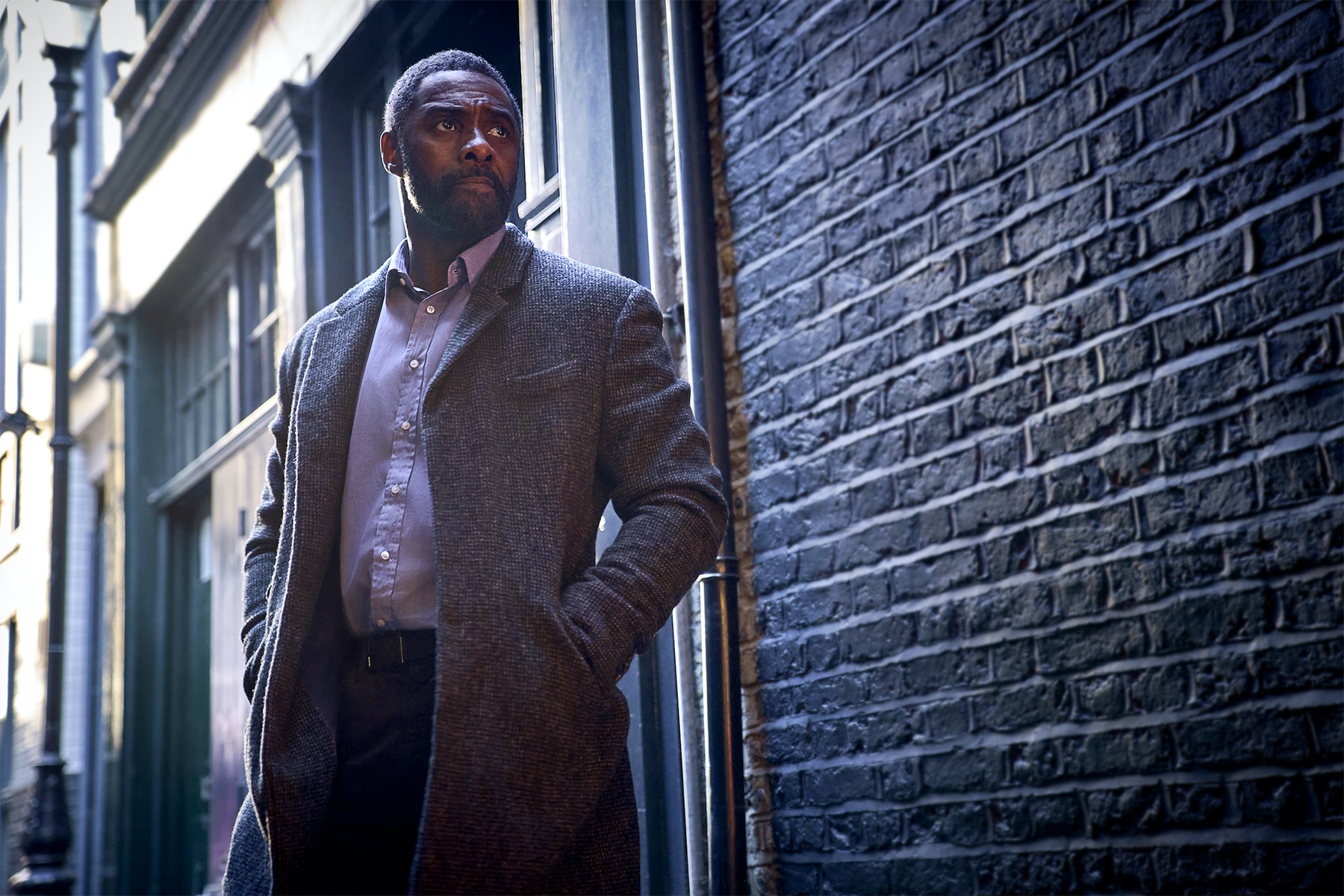
Elba has been quite open that The Fallen Sun originated in that speculation that he could play James Bond. “The writer, Neil Cross, and I had this ambition about four years ago and it really came from those Bond rumors, with everyone wanting to see me in a film in the central position like that,” he explained in October 2021. However, the homage runs much deeper than just “put Idris Elba in a blockbuster.” The Fallen Sun wears its influences on its sleeve.
It seems likely that Cross and Elba had been contemplating the film for longer than they might admit. The Fallen Sun isn’t drawing from the larger James Bond franchise so much as it is drawing specifically from Skyfall, the Bond movie released following that first wave of rumors about Elba succeeding Craig. This would have been between the second and third seasons of the show, which was also around the time that Cross first signaled his intentions to bring Luther to the big screen.
Luther: The Fallen Sun is not subtle in its homages. The movie borrows several key images, motifs, and even set pieces directly from Skyfall. This is apparent even looking at the trailer. The early shot of Luther standing on a rooftop in his iconic trench coat, looking out over London, directly evokes one of the defining images of Craig in Skyfall. Of course, it’s also a shot that one might expect to find in a superhero movie, which makes sense given how much Luther owes to the genre.
Of course, this is all somewhat cyclical. One of the great innovations of Sam Mendes’ Skyfall was the debt that it owed to Christopher Nolan’s The Dark Knight, right down to giving Bond a family mansion and a faithful manservant (Albert Finney). If Luther was ever going to draw from a James Bond film, it makes sense that it would draw from a James Bond film that was so heavily indebted to the sort of comic book storytelling that Luther does so well.

Certainly, the motives and methodology of villainous David Robey (Andy Serkis) is superficially similar to those of the Joker (Heath Ledger) from The Dark Knight. Like the Joker, Robey manipulates people into acting against their own best interests. Like the Joker, Robey’s motivations are rooted in the philosophical idea that his psychopathic nihilism is the right way to look at the world and that it is civilized society that is “insane.” There is an obvious connection there between the two characters.
However, Robey owes just as much to Raoul Silva (Javier Bardem) from Skyfall, most obviously in his physical appearance. The Fallen Sun gives Serkis a striking blonde wig, presents him as a man of means and sophistication, and reveals that he is intertwined with two of Silva’s primary interests: cybercrime and people trafficking. It would be too much to argue that Robey is a copy or a clone of Silva, but there is obvious influence, even just in terms of appearance and operation.
One of the more interesting aspects of Skyfall is the film’s relationship to the larger Bond franchise. As a rule, the Bond films have historically functioned as something similar to travelogues, in the same way that Ian Fleming’s original novels served as lifestyle fantasies. They allowed British audiences to explore foreign cultures and unique environments from the comfort of their local theater. Indeed, The Fallen Sun even sends Luther to Norway for its climax, although the film shot in Brussels.
Skyfall stands out from the previous films because it turns that gaze inwards. It is the rare Bond movie that feels centered around the United Kingdom, celebrating landmarks and iconography, including a tense confrontation between Bond and Silva on the London Underground. Although obviously operating at a much lower budget and at a much smaller scale, The Fallen Sun is similarly rooted in the United Kingdom and also features an Underground chase between Luther and Robey.

There are a number of shots and cues that seem to be lifted directly. Early in the film, after Luther escapes from prison, he finds himself forced to go on the run with the authorities chasing after him. It is not uncommon for Bond to go rogue, but it’s the particulars of the sequence that evoke Skyfall. Luther finds a quiet secluded garage tucked away in London and pulls off a tarp to reveal one of his vintage cars. It’s a beat that recalls Bond unveiling his classic Aston Martin in Skyfall.
These parallels become even more pronounced as The Fallen Sun races towards its finale. Luther tracks Robey down to his secluded private estate in Norway, which recalls the journey to Bond’s family manor in the third act of Skyfall. Cross’ script avoids the beats that Skyfall shares with Home Alone, but the film leans heavily into the iconography of that action climax: The characters run through secret stoney corridors as the mansion burns, leading to a battle over (and in) icy water.
In case there’s any lingering ambiguity, the movie’s closing scenes hammer the point home. Having defeated Robey, Luther is flown back to the United Kingdom. He wakes up in a safe house and is told that his prison sentence has been commuted. A convoy of black cars pull up outside, with the promise of a job offer from an unseen “Chief,” implied to be the head of MI6 that Ian Fleming fictionalized as “M.” In effect, the movie ends with Luther — not Elba — being offered Bond’s job.
It’s worth stressing that none of this is to accuse The Fallen Sun of “ripping off” Skyfall. For better and for worse, The Fallen Sun is a Luther film. The movie shares the show’s comic book stylings, its nightmarish sensibility, and its almost self-parodic intensity. The plot doesn’t operate on any real internal logic so much as a creeping sense of dread. Cross has his own thematic concerns, and Elba is his own leading man. The Fallen Sun isn’t interested in compromising these parts of itself.
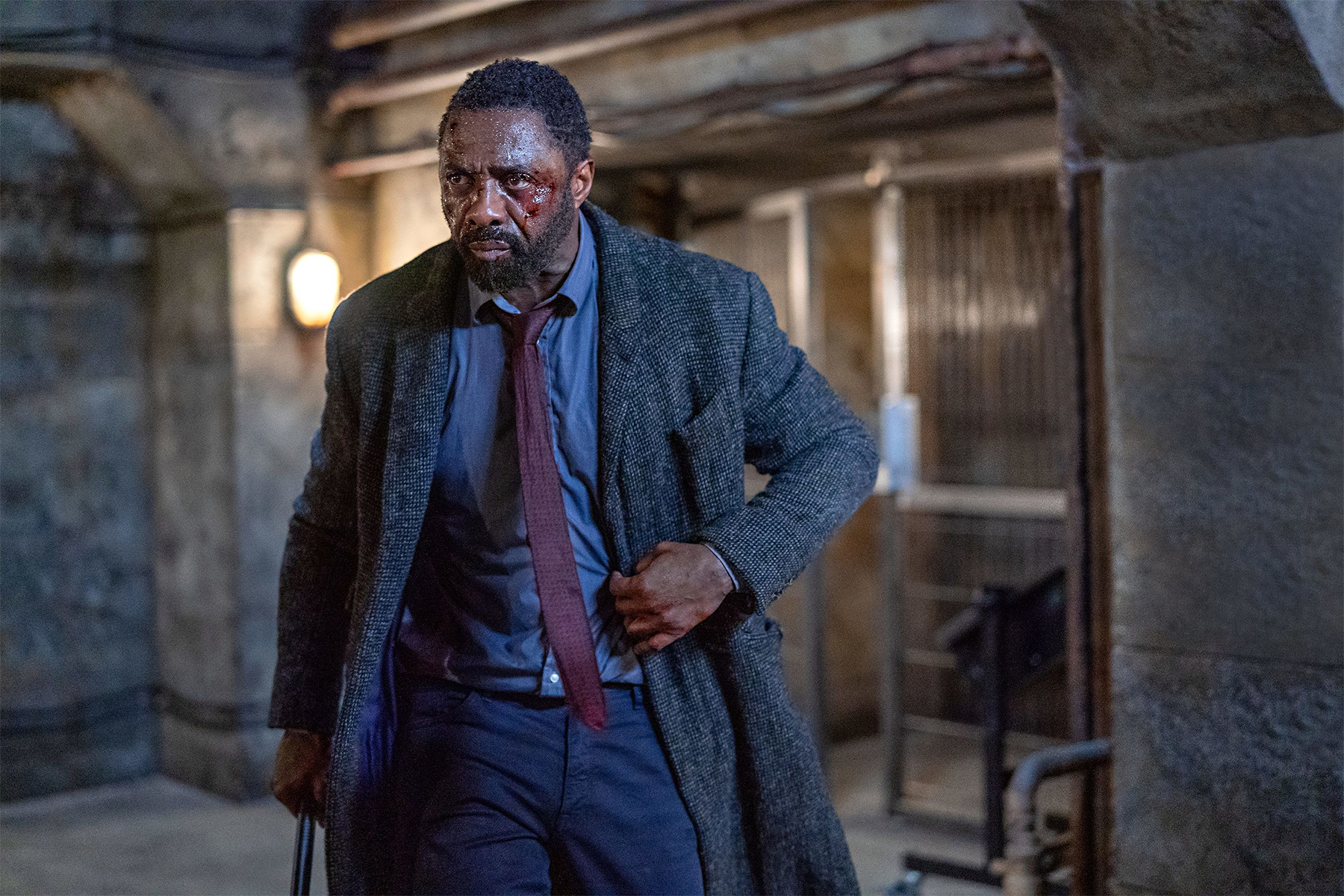
As such, The Fallen Sun never loses its own identity amid all this homage. Robey isn’t an international terrorist, foreign spy, or assassin-for-hire like in so many Bond movies. Instead, he’s an almost supernatural bogeyman who lurks in the shadows. When a barman offers Luther a martini, he politely declines and insists on a water. Luther never travels in luxury, getting to Norway via a passenger ferry rather than a government jet. He never wears a tuxedo. Luther is not Bond.
Indeed, this feels like the point of the exercise. Luther: The Fallen Sun is a direct response to that long-running conversation about whether Idris Elba would make a convincing James Bond. It seems to reflect its star’s opinion on those rumors. Rather than warping Elba’s screen persona to fit the template of a James Bond film, The Fallen Sun instead takes the trappings and conventions of one of the best-loved films in the franchise and bends them towards Elba’s unique strengths as a performer.
There is something just a little bit subversive in all of that. Elba and Cross have spent years listening to the internet tell them that Elba would make a great James Bond — and that might well be true. However, The Fallen Sun makes a compelling counterargument: Isn’t there fun to be had in letting John Luther loose in a James Bond narrative?

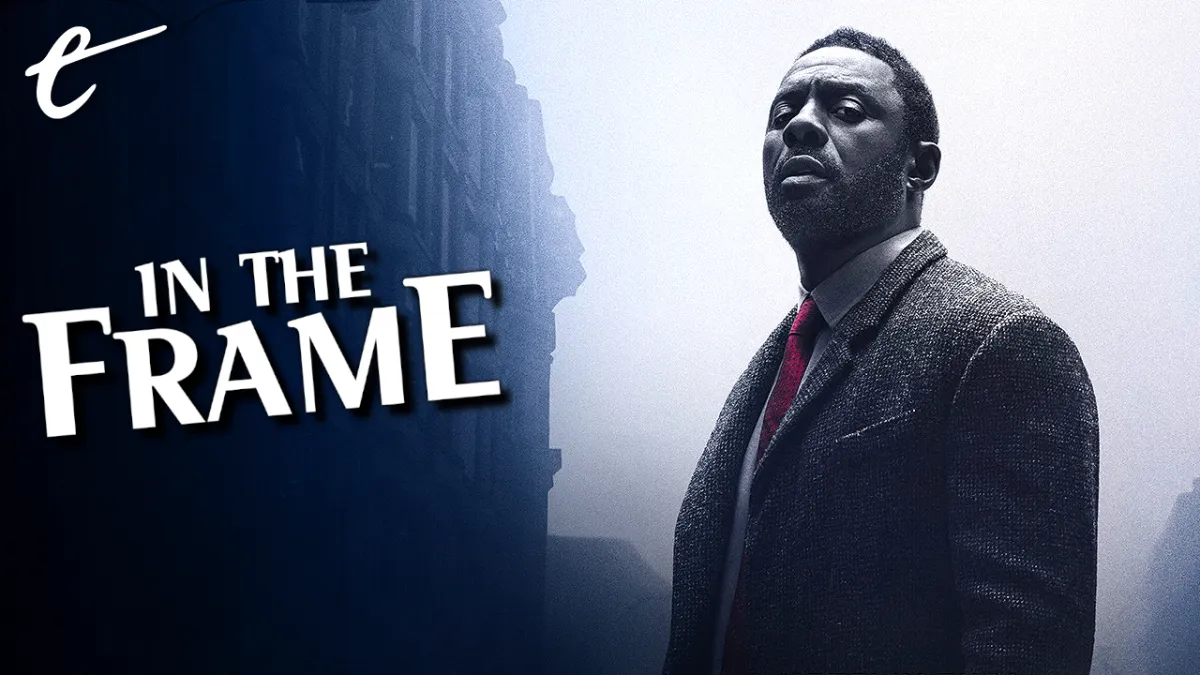





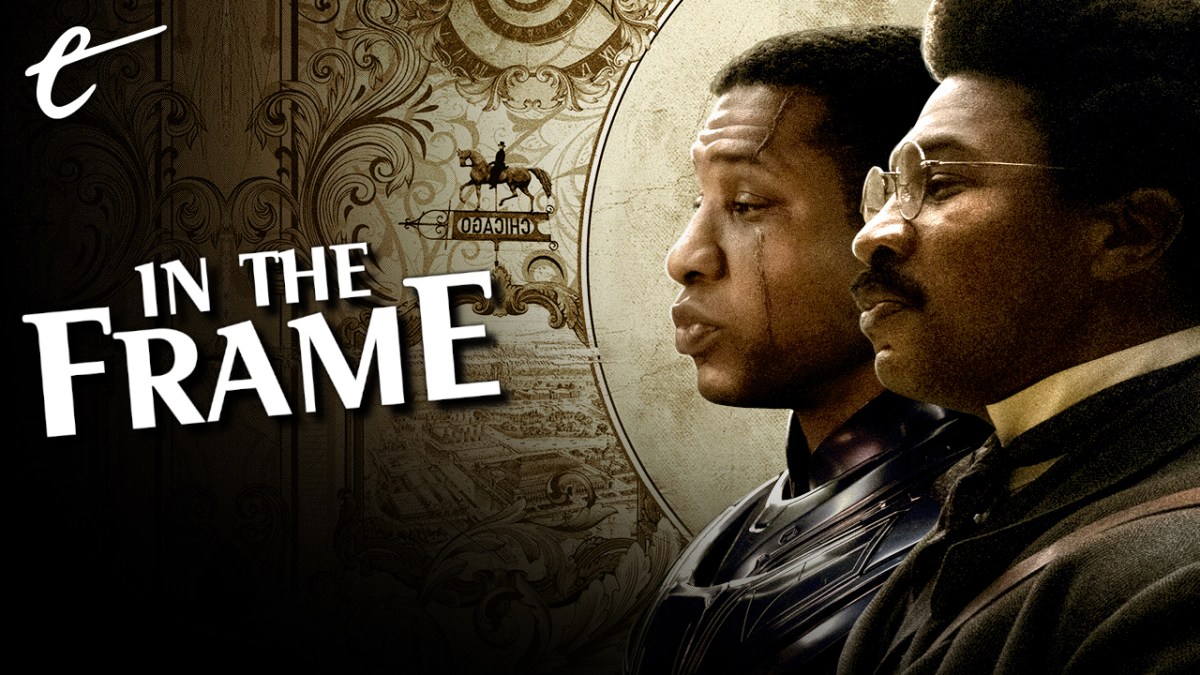

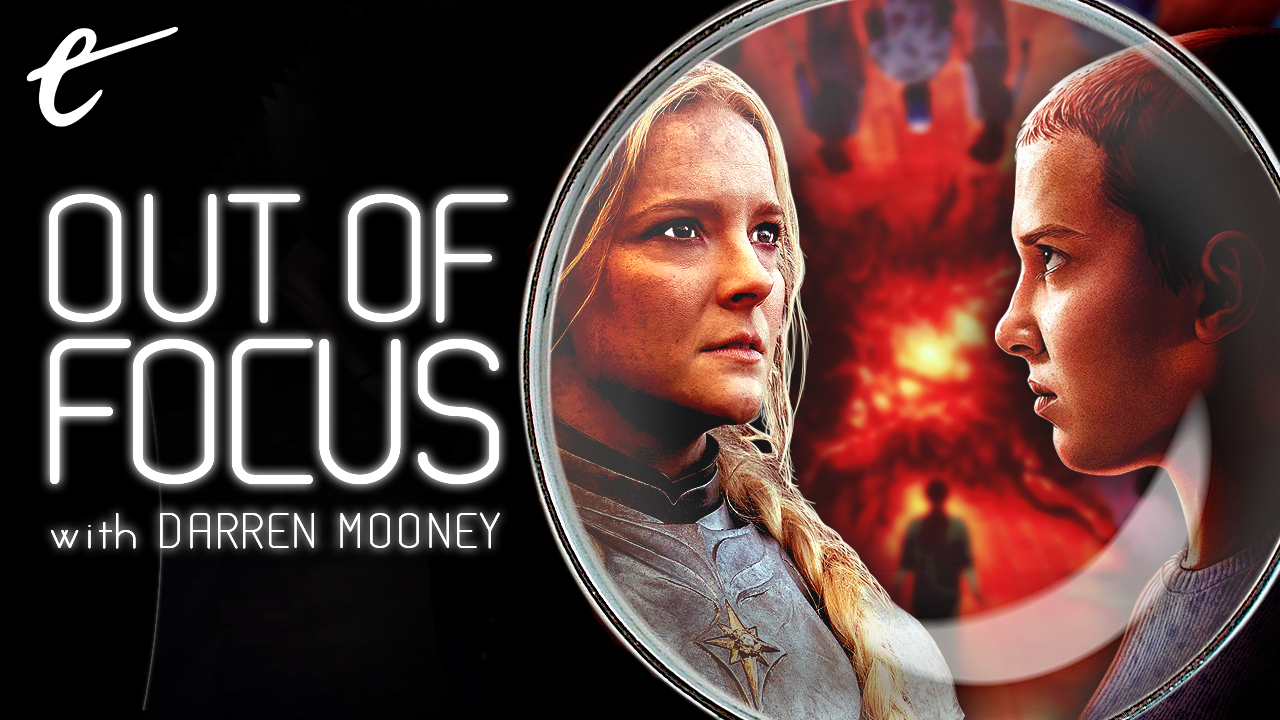
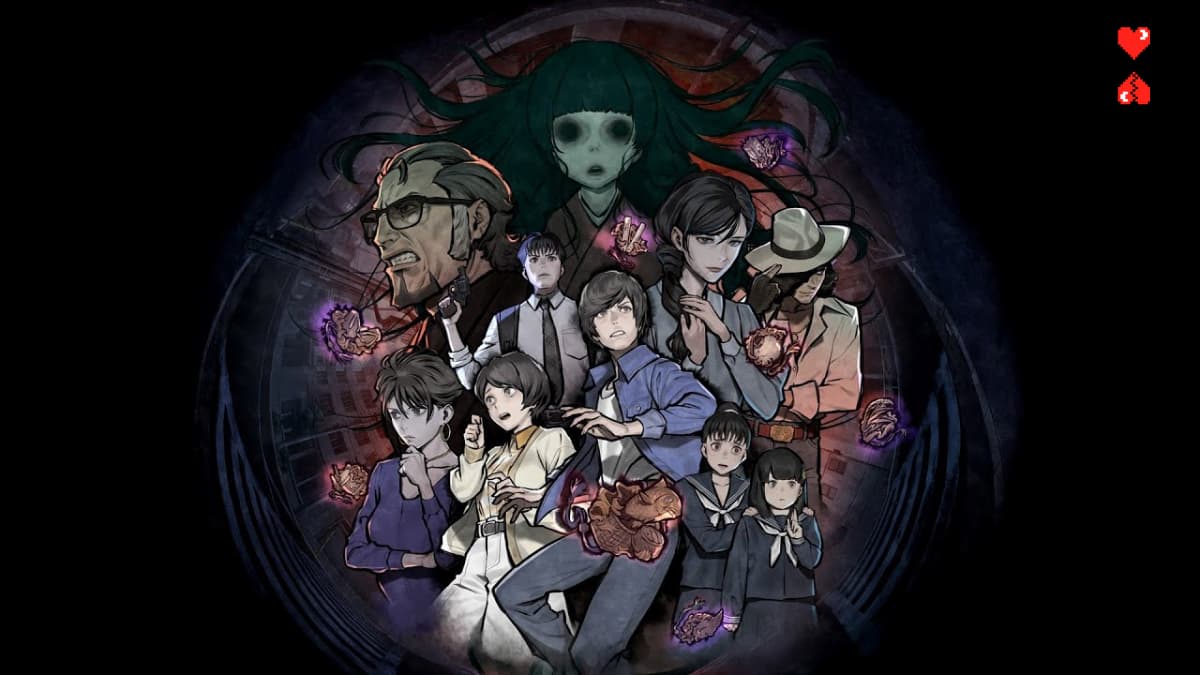
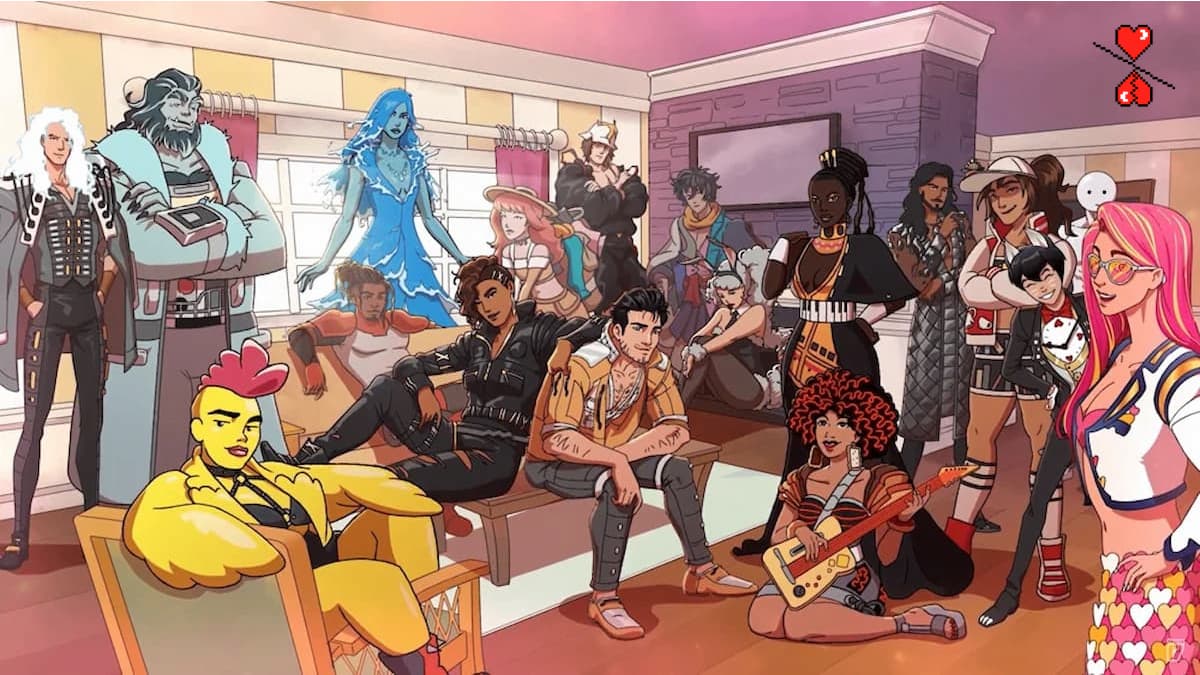


Published: Feb 27, 2023 3:00 PM UTC